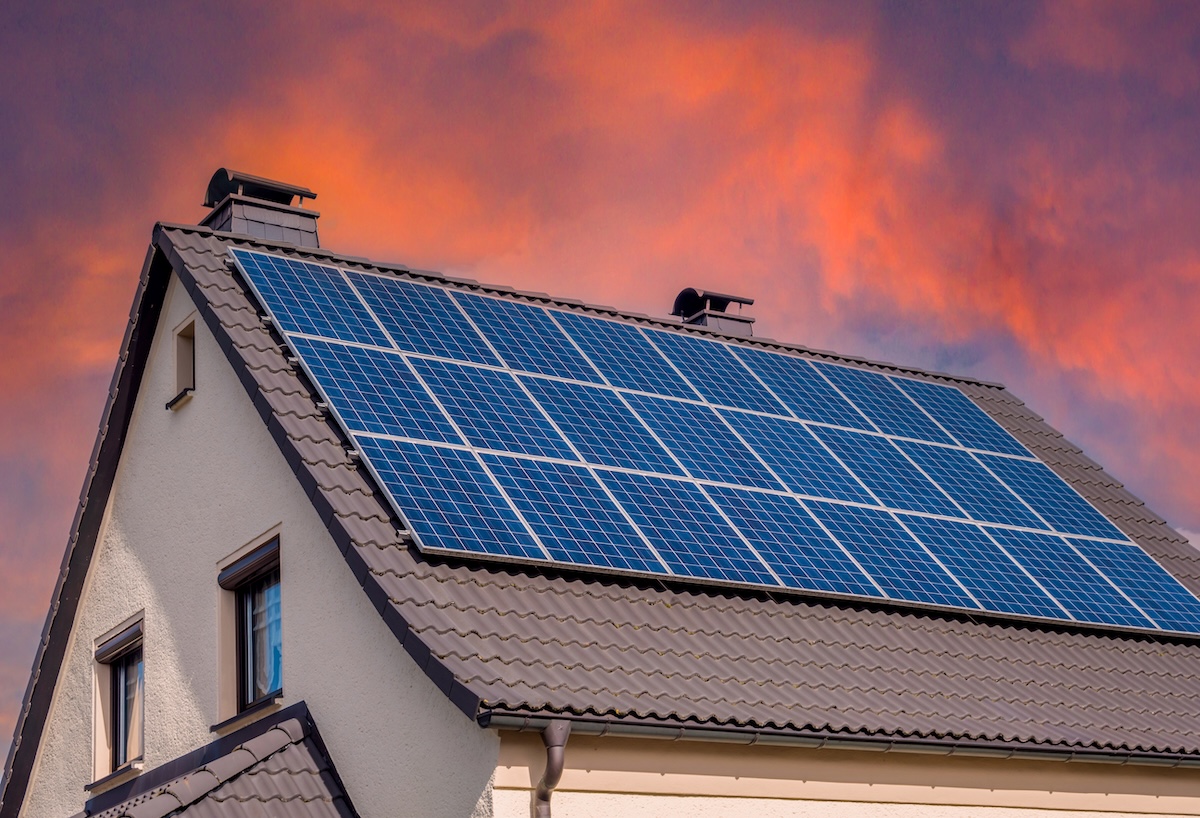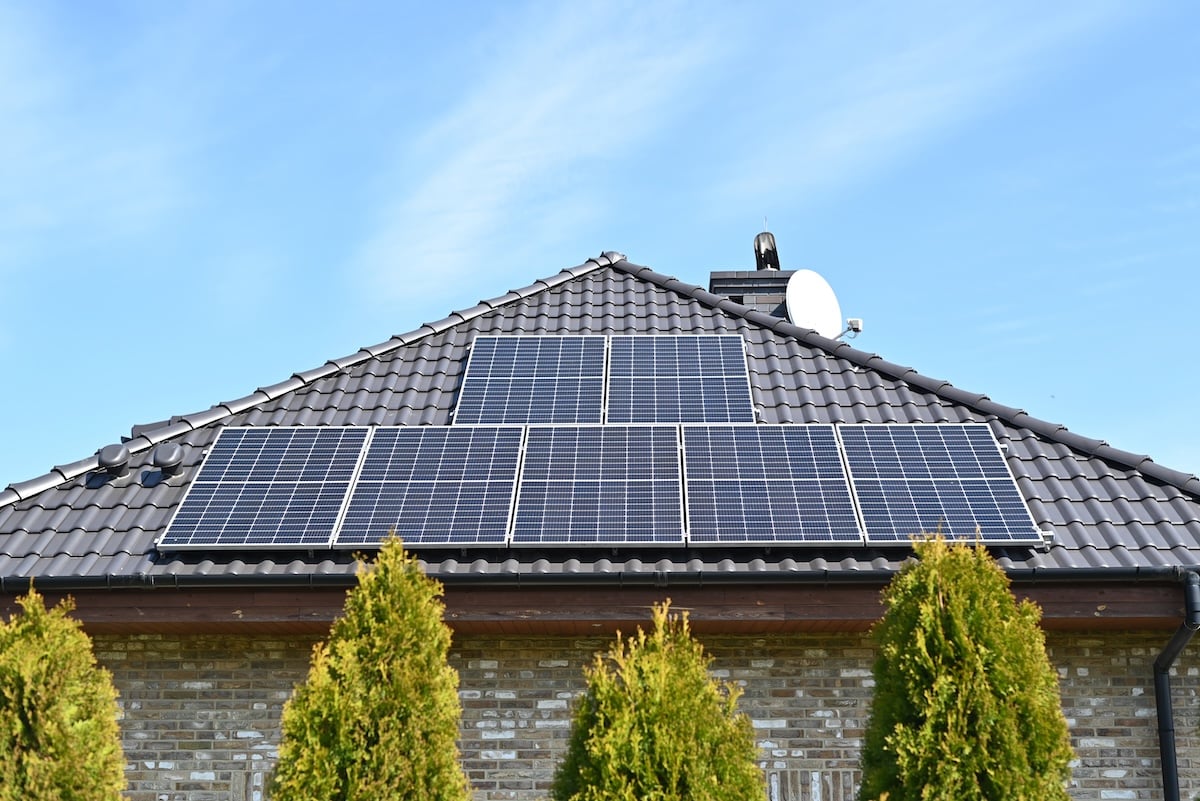Questions to Ask Solar Companies Before Hiring Them
6 Min Read
POSTED 09.10.2025
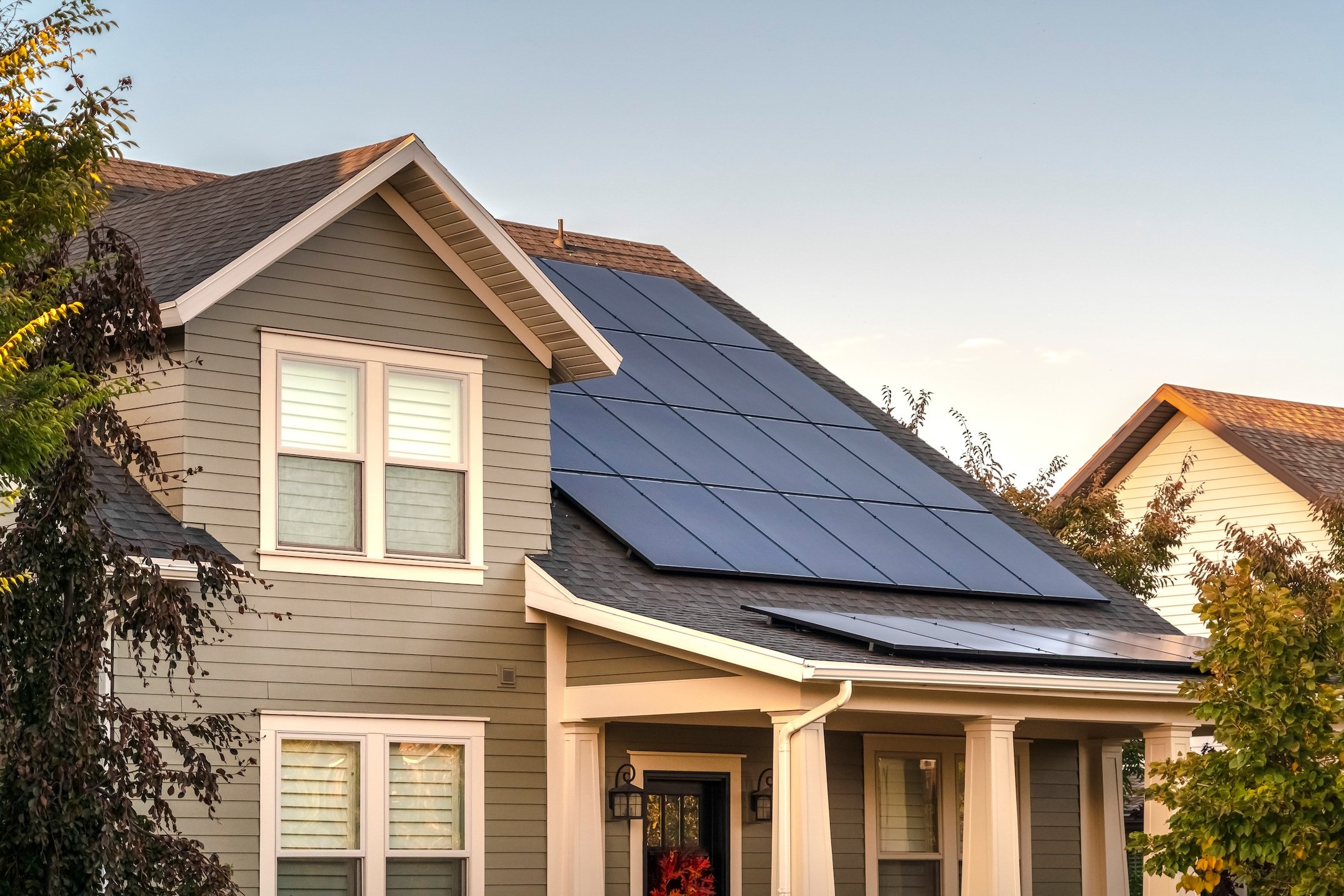
Switching to solar is one of the smartest investments a homeowner can make, but choosing the right installer can make or break your experience. With so many providers in the market, it’s important to know which questions to ask solar companies before signing a contract. From warranties to financing options, the details you uncover in these conversations can help you separate reliable professionals from those who may fall short. If you’d like to see what a trusted installation process looks like, you can review the full details of solar services here.
Here’s what you’ll learn in this guide:
- Why asking the right questions is essential before hiring
- A list of must-ask questions to bring to any consultation
- Key red flags to watch out for when evaluating installers
- Cost, warranty, and financing insights for homeowners
- How to confidently move forward with your solar project
🌞 Why Asking the Right Questions Matters
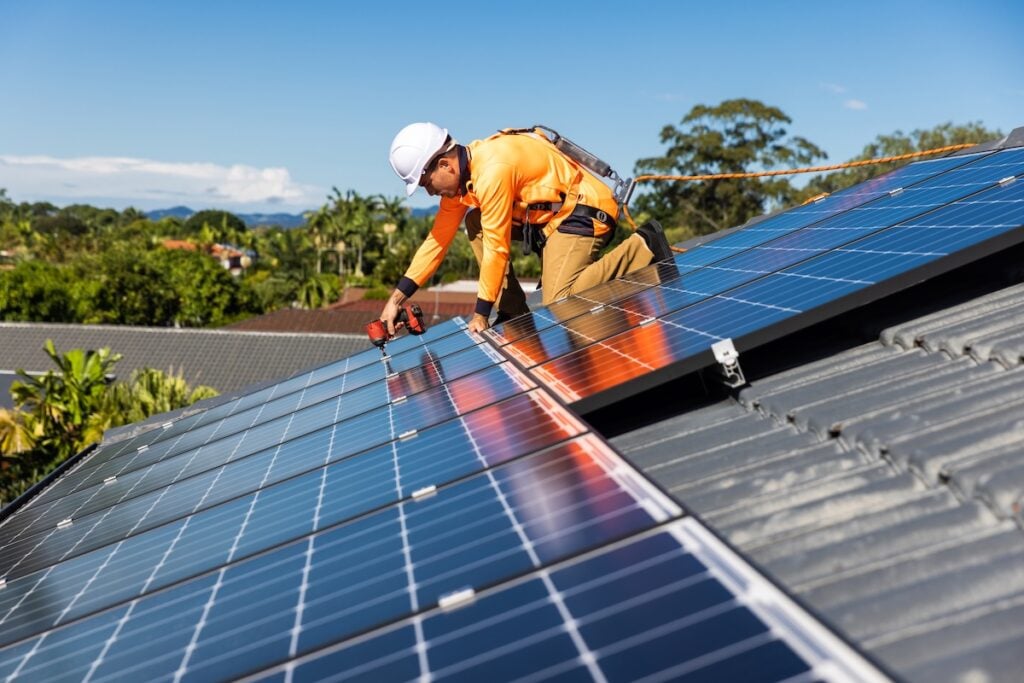
Installing solar panels isn’t like replacing a lightbulb—it’s a major home improvement project with long-term financial and environmental impacts. Choosing the wrong installer can lead to poor system performance, costly mistakes, or even voided warranties. That’s why knowing what to ask up front is critical.
Here are a few reasons these questions matter:
- Clarity on Quality: Not all solar panels, batteries, or inverters are created equal. Asking questions ensures you’re investing in durable, efficient equipment.
- Understanding True Costs: Hidden fees or unclear financing terms can turn a good deal into a burden. Transparency protects your budget.
- Peace of Mind: Warranties and service agreements are crucial. The right company stands behind its work.
- Avoiding Scams: The solar industry is growing fast, which means not every company has the same reputation. Good questions help you filter out unreliable installers.
- Long-Term Confidence: A solar system lasts 25+ years. Choosing wisely now ensures you won’t regret your decision down the road.
📋 10 Questions to Ask Solar Companies
Before committing to a solar installer, be prepared with a list of questions. Here are ten of the most important, along with why each one matters.
1. What Experience Do You Have in Solar Installation?
Look for companies with a proven track record, not just general contractors dabbling in solar. Ask how many projects they’ve completed and request references from past clients.
- Years in business
- Certifications and training
- Experience with both residential and commercial systems
2. What Types of Panels and Inverters Do You Offer?
The brand and efficiency of equipment make a huge difference in performance. Reputable companies should explain why they recommend certain products and compare options for your home.
- Panel wattage and efficiency ratings
- Warranty coverage from manufacturers
- Differences between string inverters, microinverters, and power optimizers
3. Are You Licensed and Insured?
Any contractor working on your home should carry proper licensing and insurance. This protects you if something goes wrong during installation.
- State contractor’s license
- Liability insurance
- Workers’ compensation coverage
4. What Financing Options Are Available?
Solar can be purchased outright, financed through loans, or leased. Ask which options the company offers and what terms look like.
- Interest rates and loan lengths
- Leasing vs. ownership pros and cons
- Incentives or rebates included in financing
5. Can You Explain the Warranties in Detail?
There are usually two types of warranties: product warranties (covering equipment defects) and workmanship warranties (covering installation issues). Get clarity on both.
- Panel warranty length (often 20–25 years)
- Inverter warranty (typically 10–15 years)
- Workmanship warranty (varies by company)
6. How Do You Handle Permits and Paperwork?
Solar installations require local permits, inspections, and sometimes utility approvals. A professional company should handle these details for you.
- Timeline for approval
- Utility interconnection process
- HOAs or zoning requirements (if applicable)
7. How Long Will Installation Take?
Understanding the project timeline sets realistic expectations. Most installations take 1–3 days, but permitting and inspections may stretch the overall process to several weeks.
8. Will You Provide Monitoring Tools?
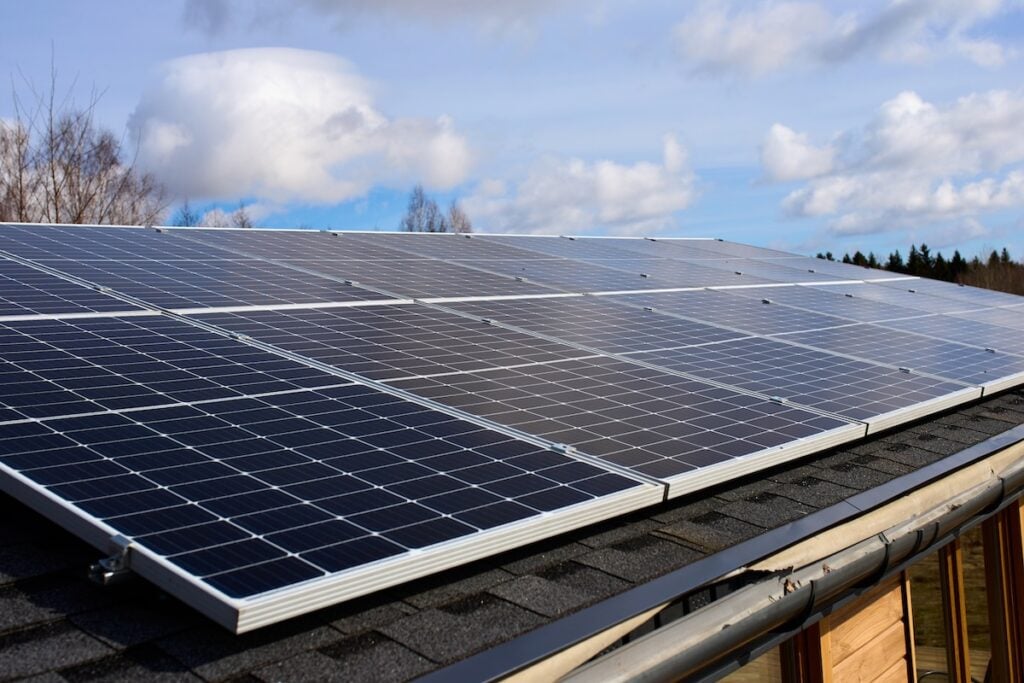
Many systems include apps or dashboards to track production and usage. Ask if monitoring is included and whether there’s a fee.
9. Do You Subcontract Any Work?
Some solar companies subcontract installation, which can impact quality and accountability. Ideally, your installer manages everything in-house.
- If subcontractors are used, ask about vetting and oversight.
10. What Happens If My System Underperforms?
Performance guarantees matter. Ask what recourse you have if your panels don’t produce as much energy as estimated.
- Will the company compensate for shortfalls?
- How will they troubleshoot and resolve issues?
🏡 Homeowner Checklist for Evaluating Solar Companies
Having a ready-to-use checklist makes it easier to compare providers side by side. Here’s a quick guide you can print or save:
- Credentials: Licensed, insured, and certified in solar installations.
- Experience: At least several years of completed projects with references.
- Equipment Quality: Panels and inverters from trusted manufacturers.
- Warranties: Clear details on both product and workmanship coverage.
- Financing: Multiple transparent options that fit your budget.
- Customer Reviews: Strong local reputation and verifiable testimonials.
- Service Support: Responsive team for questions, repairs, or upgrades.
- Performance Guarantees: Clear production estimates and protections.
💰 Understanding Costs and Value
Asking about price is obvious—but knowing what drives cost and value can help you see the bigger picture.
Factors That Influence Cost
- System Size: More panels = higher cost, but greater savings potential.
- Equipment Quality: Premium panels or inverters may cost more but last longer.
- Roof Condition: Older roofs may need repairs before installation.
- Storage Add-Ons: Solar batteries can significantly increase upfront cost but offer backup power.
Average Cost Ranges
- Small system (10–12 panels): $10,000–$15,000
- Medium system (18–24 panels): $15,000–$25,000
- Large system (30+ panels): $25,000–$40,000+
Long-Term Savings
- Federal tax credit (30% as of 2025) lowers upfront costs.
- State incentives and net metering credits further improve ROI.
- Typical payback period: 6–10 years.
Warranties and Peace of Mind
Strong warranties ensure you’re covered if something goes wrong, adding long-term value beyond the sticker price.
🚩 Red Flags to Watch Out For
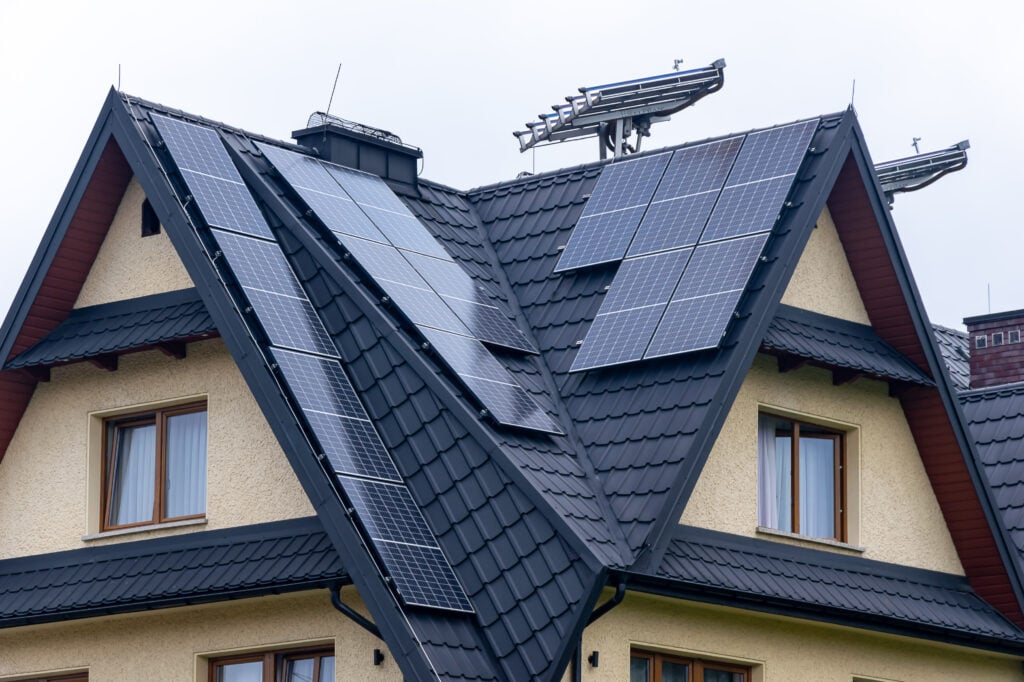
Not every company has your best interest in mind. Here are warning signs to avoid:
- High-Pressure Sales: If you’re pushed to sign quickly, step back.
- Vague Estimates: Reputable companies provide detailed quotes, not ballpark numbers.
- Lack of Transparency: If warranties, financing, or subcontractors are unclear, it’s a red flag.
- Too-Good-to-Be-True Pricing: Extremely low bids may mean poor-quality equipment or inexperienced installers.
🤝 Ready to Ask the Right Questions?
Choosing a solar company is one of the most important steps in your renewable energy journey. By preparing the right questions, you protect your home, your investment, and your peace of mind. A well-chosen installer provides quality work, dependable service, and long-term savings you can trust.
If you’re ready to see how a trusted team can answer your questions and guide you through the process, contact us todayto schedule a consultation with our solar experts.
Let’s Get Started
Fix Your Roof the Badger Way
Got a question? Want to learn more about your options when it comes to caring for your home exterior? Our team is standing by with the information you need to start you roof replacement project today!

